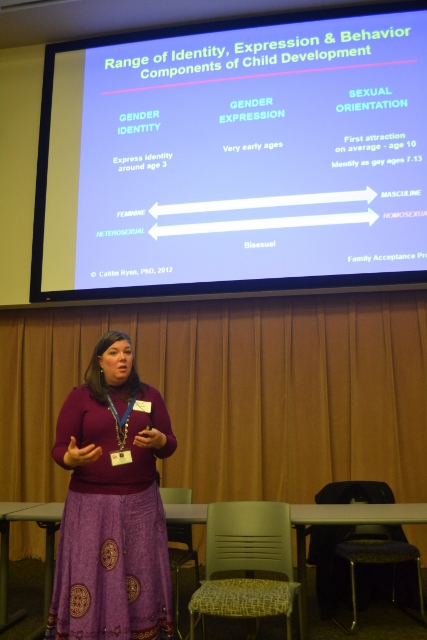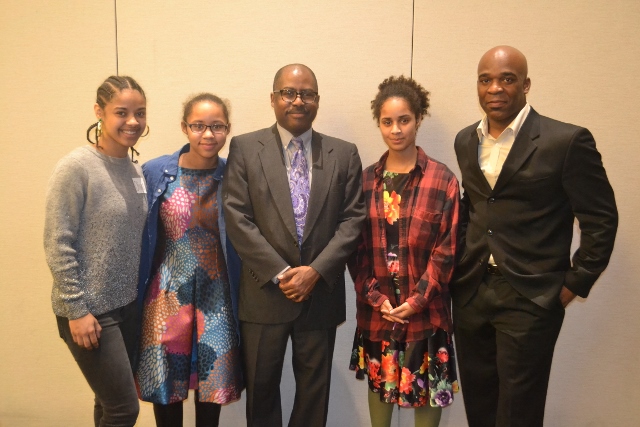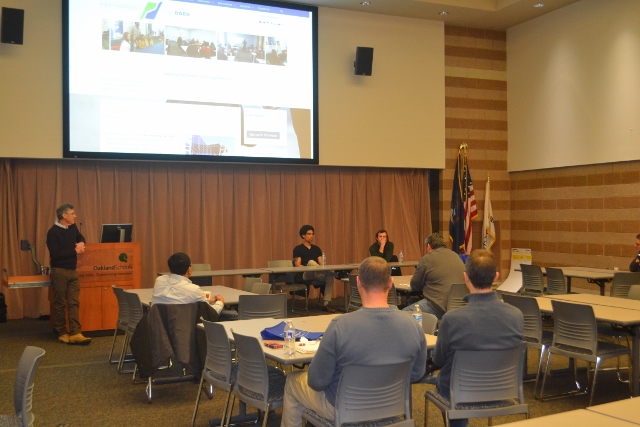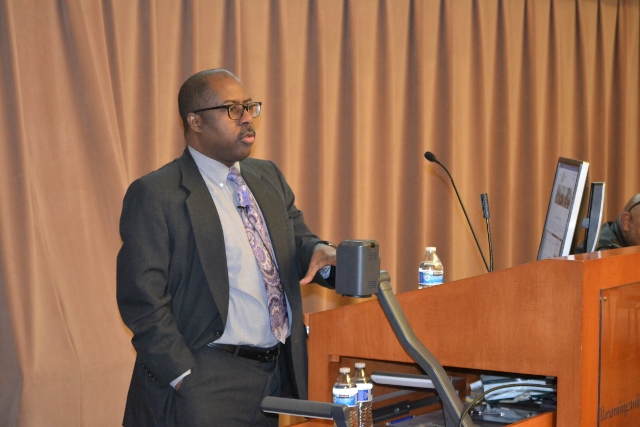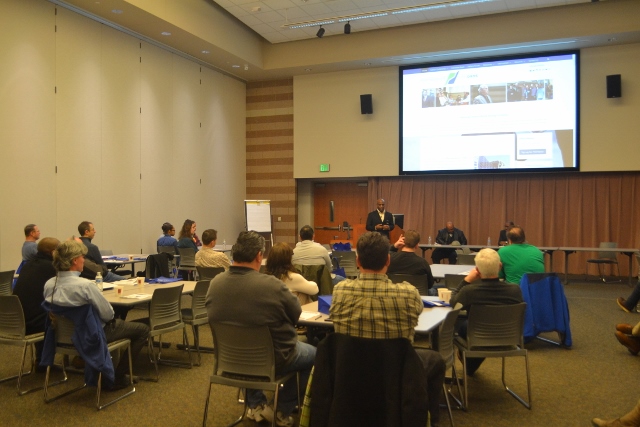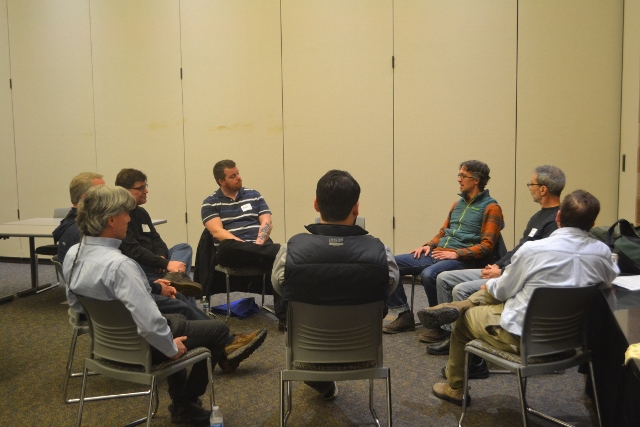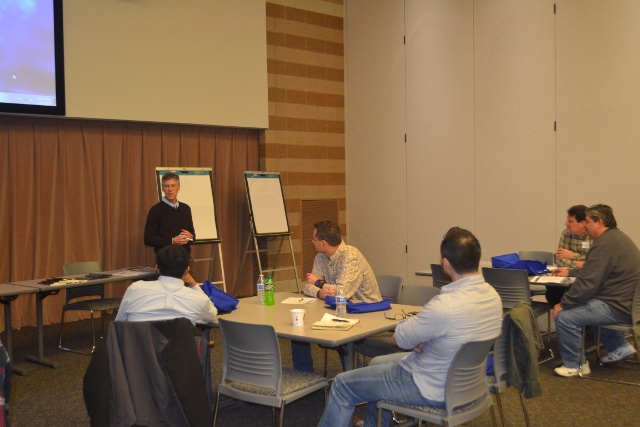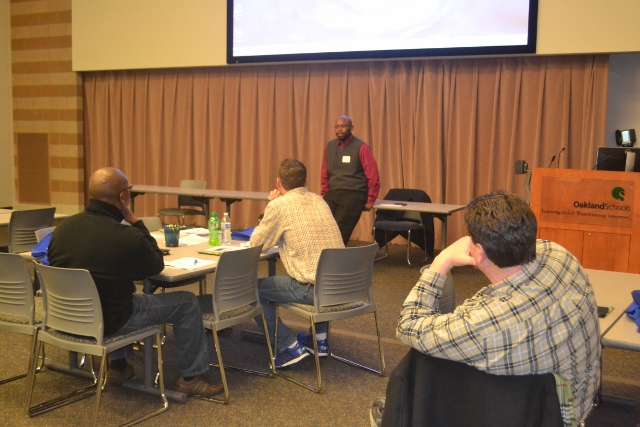This week I read about a new study in the Journal of Marriage and Family examining the effects of focusing social services programs on mothers as opposed to parents in general. Researchers at the University of California Berkeley found that (news flash!) such programs end up excluding fathers, which turns out to be bad for children.
The study, funded by the California Department of Social Services Office of Child Abuse Prevention, compared father-only programs to general parenting programs and to a control group. The main findings:
– The behavioral and psychological involvement of fathers significantly increased when fathers were given the tools to be more effective parents alone or with the mothers.
– Parenting stress decreased when fathers and mothers participated in the groups together.
– Conflict within couples grew in the control and fathers-only groups, but when fathers and mothers went through the groups together, the quality of their relationships as couples remained stable for more than a year after the groups ended.
– Children of fathers who went through the program alone or with the mothers were much less aggressive, hyperactive, depressed or socially withdrawn than children of fathers in the control group.
The study’s authors concluded that too few programs are targeted at mothers and fathers together, keeping alive the social assumption that raising children is something for women, not men.
I have been working in the field of parenting (and fathering) education for a decade, and I am happy to report that more programs are aimed at parents in general and fathers (as opposed to mothers alone). This is a terrific trend for a number of reasons, many of which are made clear by the Berkeley study. Perhaps someday soon we will finally see the end of those Mommy and Me classes that claim to be open to all parents.


